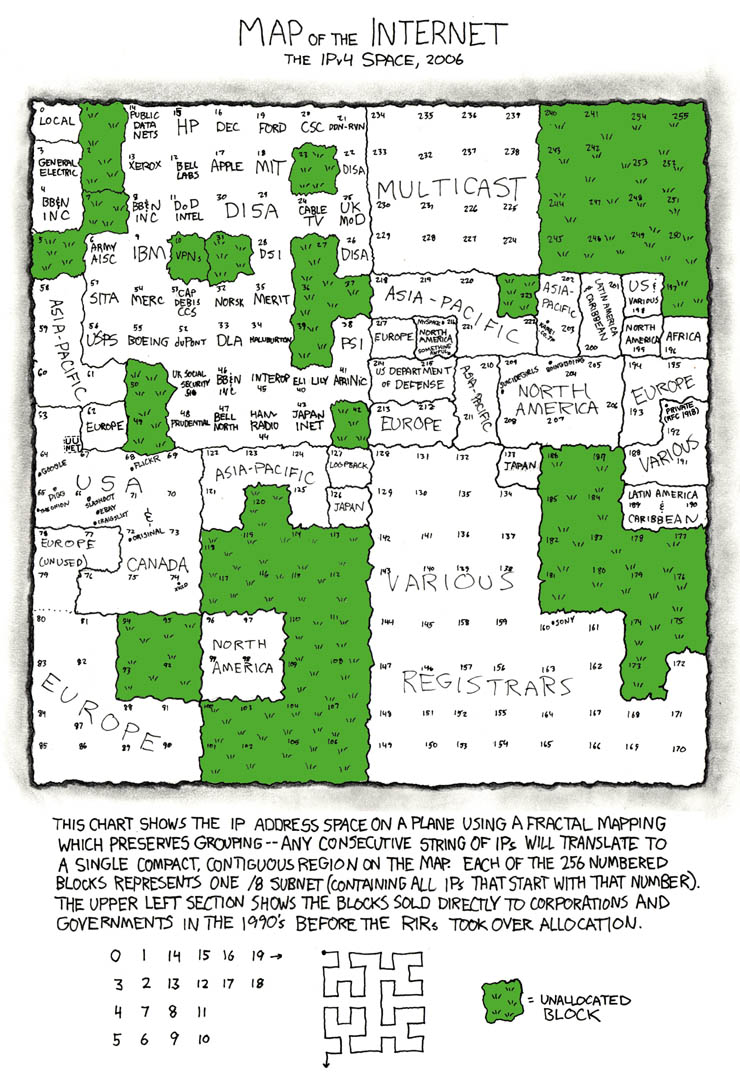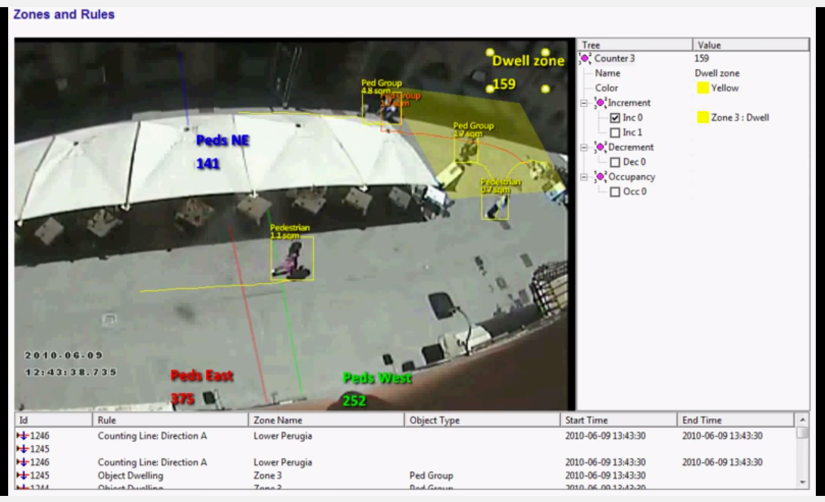Accelerated Learning: How To Get Good at Anything in 20 Hours - YouTube
No need for 10000 hours (that is a full time job for 5 years!).
That is needed for an expert level performance. Promoted by book Outliers, it could be misunderstood since most people don't need to be experts to start becoming successful. This book suggest that even 20 hours may be sufficient to make a start learning something, A good way how to do this:
- Clearly decide what you want
very specific goal, "target performance level" - "Deconstruct" the skill: find specific small enough sub-skills,
Practice them one at the time, most important skills first;
same applies for both cognitive and motor skills, while practice may be different;
important to practice before going to sleep for "consolidation";
"imaginary" practice reinforces skills only when combined with real practice - Learn enough to self-correct: research the skill just enough
to be able to deconstruct and find most important sub-skill
but not so much that it becomes a barrier for practice
Skim a few books, DVDs, courses - Remove barriers for practice; make it easy to practice what you want and not get distracted; instead of lot of willpower forcing change, alter the environment
- Practice at least 20 hours, to make sure you push-trough early frustration,
and do what you really want to do by investing enough time to start well.
Mind is not accurate in estimating time; 20 hours is 2x20 minutes a day for a month
The barriers are not intellectual, most people are smart enough, the barriers are emotional.
book: The First 20 Hours - Josh Kaufman - How to Learn Anything FAST
THE FIRST 20 HOURS - Josh Kaufman - Official Audiobook Preview by JoshKaufman | Josh Kaufman | Free Listening on SoundCloud

